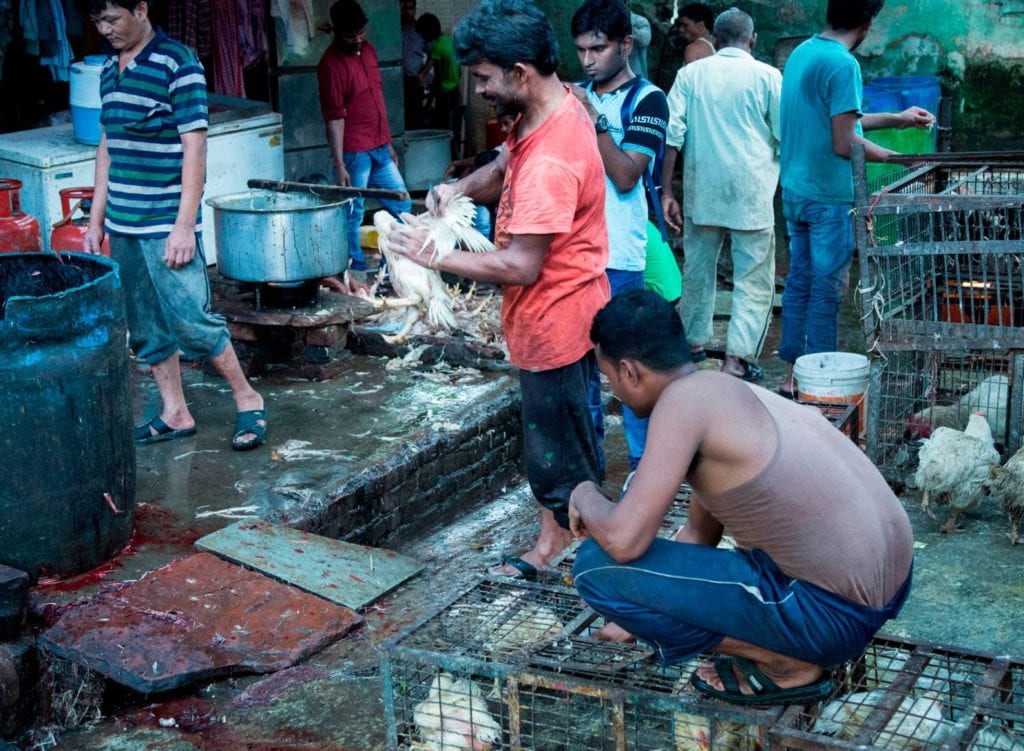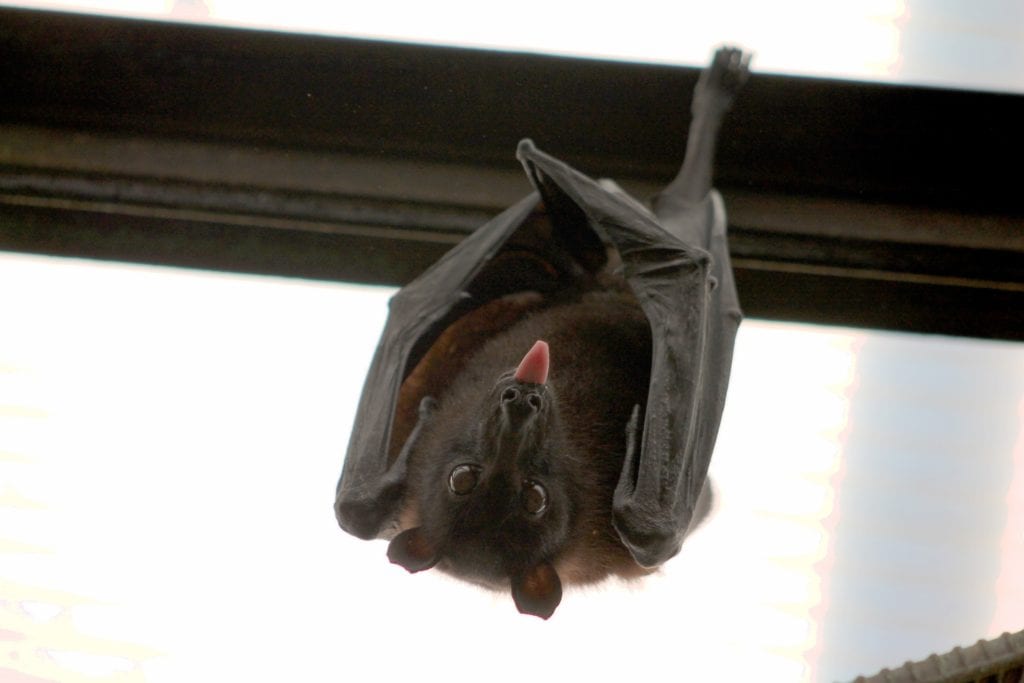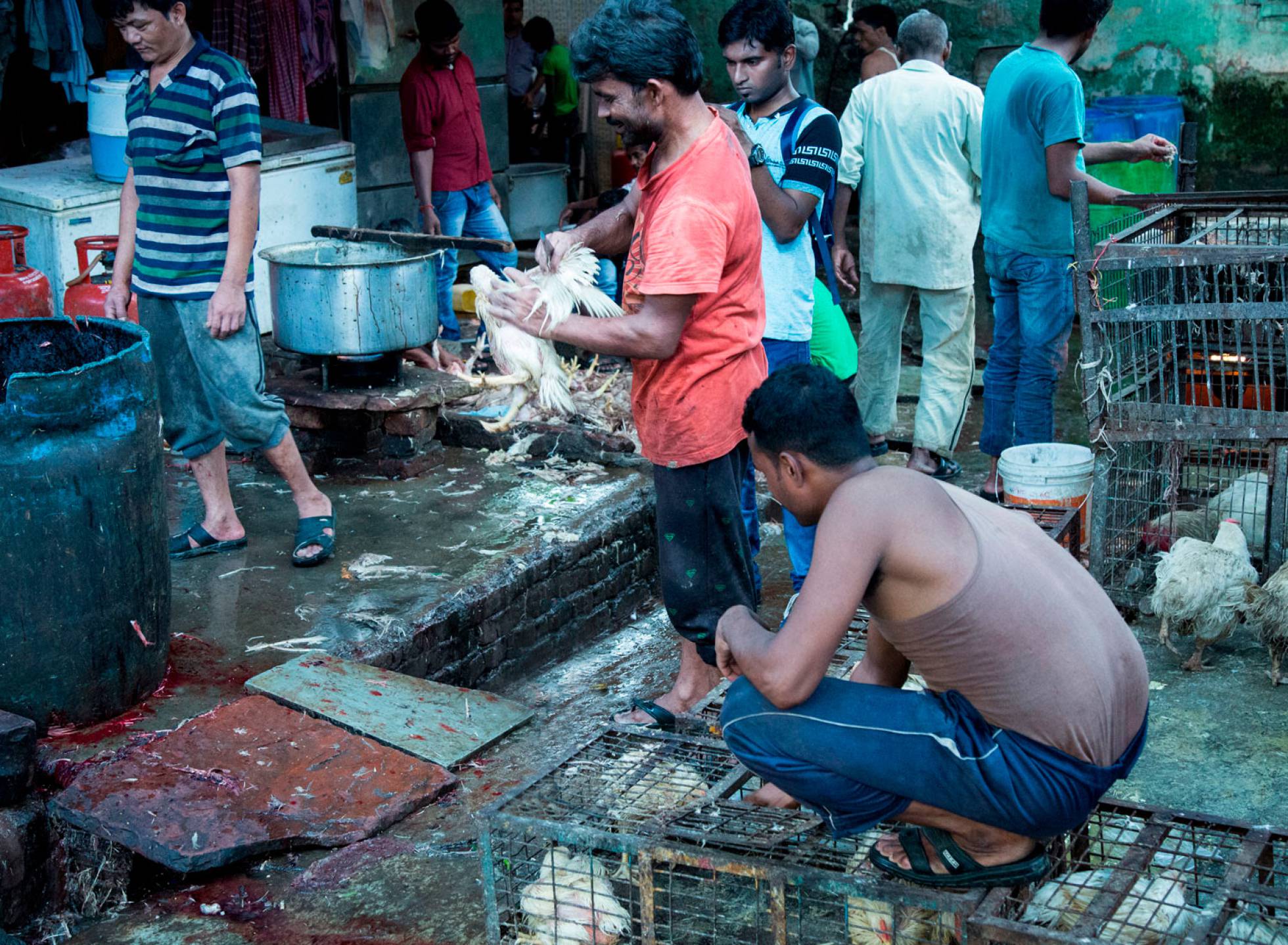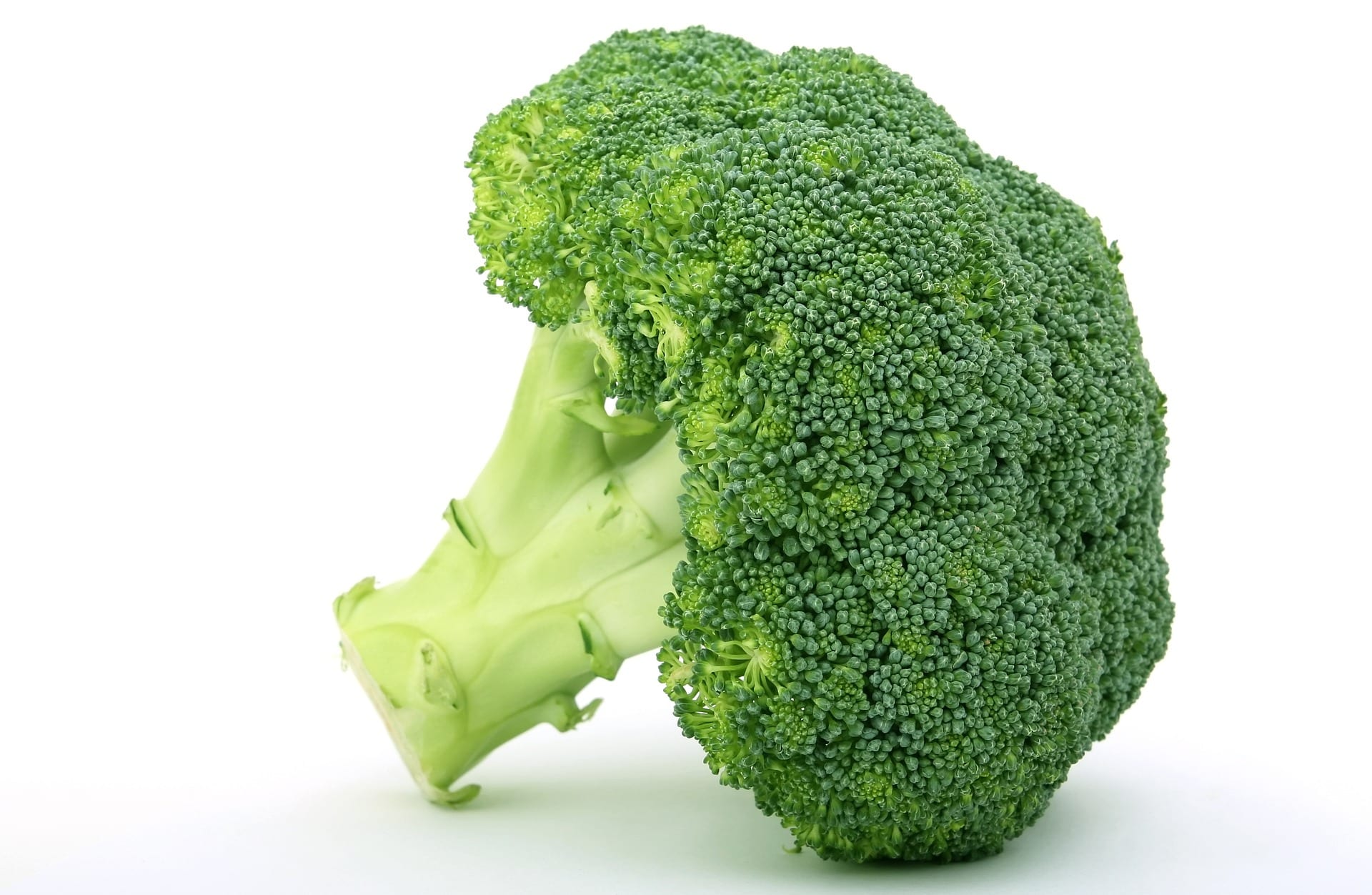It is almost impossible to see in our country markets of wild animals. These are mainly typical of the Asian continent. They sell animals that are alive and that they are usually a great source of diseases that can end up being transmitted to humans, as we have recently experienced. The World Health Organization (WHO) it wants to put an end to this scourge now and that is why it has launched an important appeal to these countries. Do you want to know what warning we are talking about? Do you know what they are and what exactly is in those markets?
Zoonosis, a real problem
All the enfermedades of animals that infect humans are one of the most serious threats facing human health. Now, we are living it because of SARS-CoV-2 virus from Covid-19. But there are many pandemics that Spain has already faced because of this problem. An example of them are the Spanish influenza or avian or swine flu.
La zoonoses, that is, the transmission of diseases from animals to humans, occurs when a virus exclusive to animal populations mutates, invades a human and from there spreads as a pathogen to new humans. And, some of the places where zoonosis is most likely to occur are in the live wild animal markets. Therefore, the WHO has launched a worldwide petition for no more species to be traded until sanitary conditions are excellent.

The danger of live animal markets
Un wet market or outdoor food market it is a place where you can find food from slaughtered animals or live animals ready to be slaughtered. They are so called because their soils are usually a mixture of blood, water, scales, feathers, viscera ...
These places, generally with a great lack of safety and hygiene, are typical of Asia, especially of China, India, Vietnam or Thailand. You sure remember the Chinese city of Wuhan, where there is a famous market with bats and pangolins that has been accused as the beginning of the focus of the Covid-19 pandemic.
Currently these markets, which have been closed after and due to the pandemic, have reopened their doors recovering their routine before the crisis, somewhat intolerable for many countries who oppose this practice, and even for the WHO, since they ignore its recommendation. What if another case similar to that of the coronavirus when we still haven't gotten out of this abnormal situation?

The WHO appeal
La WHO, Together with World Organization for Animal Health (OIE) and United Nations Environment Program (UNEP) has asked countries with this type of market for a temporary ban on their opening until the health authorities of each country carry out the appropriate evaluations to identify those areas and practices that are a potential risk and can contribute to the transmission of zoonotic pathogens.
In addition to a real danger to human health, live animal markets are a torture to them. Raccoons, pangolins, bats, dogs, toads, or deer are some of the species that have to be living in unsanitary conditions, suffering from dehydration, hunger and diseases. And something no less important is that with this practice they are putting at risk the survival of certain endangered species. Especially when the catch and sale is illegal.

La WHO does not end up vetoing these types of markets, since they are an important source of fresh food for different population groups with little income, but there are many organizations that do fight to stop and end these businesses, such as the well-known associations World Wildlife Fund (WWF) or Animal Equality. Despite their struggle, they are still not banned.
As long as markets with live wild animals, with precarious sanitary conditions, society and the whole world will have to be on alert. We are still in the middle of a pandemic and these places are open, so the danger that it continues to spread or that there is a new disease that is transmitted from animals to humans is very much in force. And you, what do you think about wet markets? Do you think they should be closed?







